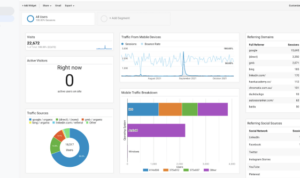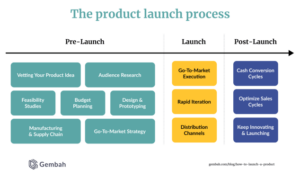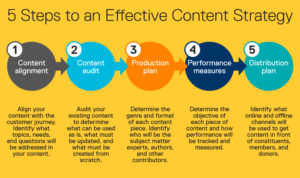Career Development Goals take center stage, inviting you on a journey filled with opportunities for growth and success in the professional realm. Get ready to explore the importance of setting clear goals, the various types of goals you can aim for, effective strategies for goal-setting, and how to track your progress towards achieving them. Let’s dive in and unlock the secrets to a fulfilling career!
Importance of Career Development Goals
Setting career development goals is crucial for professional growth as it provides a clear direction and purpose to your career path. By defining what you want to achieve and the steps needed to get there, you are more likely to stay focused, motivated, and committed to your career journey.
Enhanced Job Satisfaction and Motivation
- Having clear career goals can lead to increased job satisfaction as you are working towards something meaningful and fulfilling.
- With a clear vision of where you want to go in your career, you are more likely to stay motivated, even during challenging times.
Impact on Productivity and Performance
- Well-defined career goals can enhance productivity by providing a roadmap for your professional development.
- When you have a clear understanding of your career objectives, you are more likely to perform at a high level and strive for excellence in your work.
Types of Career Development Goals

When it comes to setting career development goals, there are various categories to consider. These goals can be skill-based, position-based, or industry-based, each serving a specific purpose in advancing your career.
Short-term and Long-term Career Goals
Short-term career goals typically focus on objectives that can be achieved within a year or less. These goals help you stay motivated and focused on immediate tasks. On the other hand, long-term career goals are broader objectives that you aim to accomplish over a longer period, usually spanning beyond one year. Setting both short-term and long-term goals is crucial in creating a roadmap for your career growth.
Performance Goals vs. Development Goals
Performance goals are targets related to specific tasks or projects that you need to accomplish in your current role. These goals are often tied to key performance indicators (KPIs) and are essential for evaluating your job performance. On the other hand, development goals focus on enhancing your skills, knowledge, and capabilities for future career growth. These goals are more about personal and professional development rather than immediate job responsibilities.
Strategies for Setting Career Development Goals

Setting career development goals is crucial for personal and professional growth. Here are some strategies to help you set meaningful and achievable goals.
SMART Career Goals
- Specific: Clearly define what you want to achieve in your career.
- Measurable: Set quantifiable metrics to track your progress.
- Achievable: Ensure your goals are realistic and within reach.
- Relevant: Align your goals with your long-term career aspirations.
- Time-bound: Set deadlines to keep yourself accountable and motivated.
Aligning Personal Values and Interests
- Reflect on your values and interests to identify what truly matters to you.
- Find career paths that resonate with your values and align with your interests.
- Consider how your skills and strengths can be utilized in a career that matches your values.
Seeking Feedback and Mentorship
- Reach out to mentors or experienced professionals for guidance on setting career goals.
- Ask for feedback on your progress and areas for improvement.
- Utilize constructive criticism to refine your goals and stay on track towards success.
Tracking and Achieving Career Development Goals
Tracking progress towards career goals is essential for staying on the right path and making adjustments as needed. This involves regularly reviewing your goals, breaking them down into smaller tasks, and setting measurable milestones to track your progress. By monitoring your advancement, you can identify any obstacles or areas where you need to improve and make the necessary adjustments to stay on track.
The Role of Self-Reflection and Self-Assessment
Self-reflection and self-assessment play a crucial role in achieving career development goals. By taking the time to reflect on your strengths, weaknesses, interests, and values, you can gain a better understanding of yourself and what you want to achieve in your career. Self-assessment tools such as personality assessments, skills inventories, and values assessments can help you identify your unique qualities and align them with your career goals. Regularly reflecting on your progress and assessing your skills can help you stay focused and make informed decisions to reach your career objectives.
Success Stories of Achieving Career Development Goals
One success story is that of Sarah, who set a goal to become a project manager in her company within five years. She regularly tracked her progress by setting monthly goals, attending training sessions to improve her project management skills, and seeking feedback from her supervisors. Through self-reflection and self-assessment, Sarah identified areas for growth and worked diligently to enhance her leadership abilities. After five years of hard work and dedication, Sarah successfully achieved her goal and was promoted to a project manager role.
Another example is Alex, who aspired to start his own business in the tech industry. Through continuous self-reflection and market research, Alex identified a gap in the market for a new software solution. He set specific milestones, such as developing a prototype and securing funding, to track his progress towards his goal. By staying resilient in the face of challenges and adapting his strategies as needed, Alex launched his successful tech startup and realized his career development goal.
These success stories highlight the importance of tracking progress, engaging in self-reflection, and making adjustments along the way to achieve career development goals.





